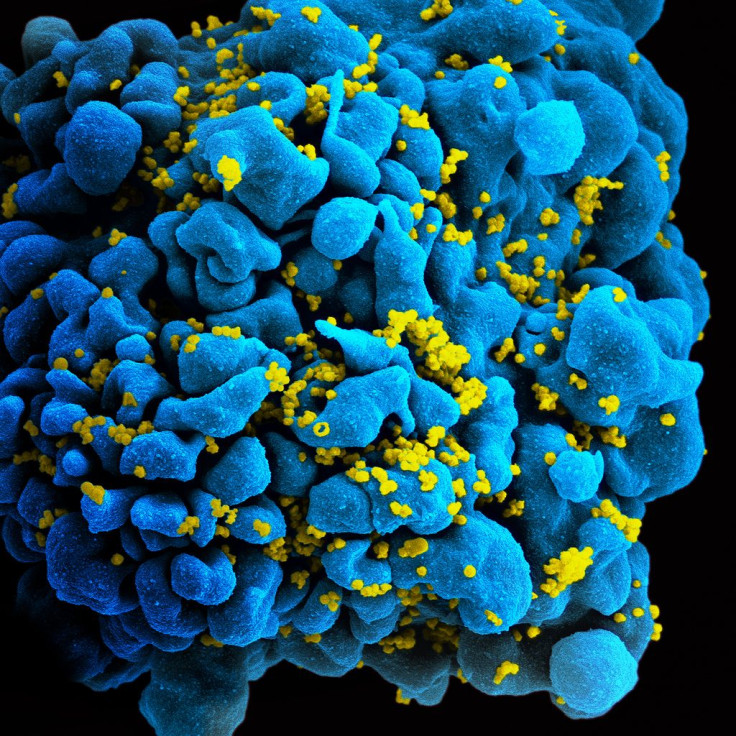The Bacteria In Some Women's Reproductive Systems Have A Natural Defense Against HIV

The female reproductive system may have a natural defense against HIV, which could protect women from developing the virus, as well as other sexually transmitted diseases (STDs). In their new study published in mBio, researchers from the University of North Carolina at Chapel Hill have found that a specific type of vaginal bacteria may trap the infection before it has a chance to spread.
According to Sam Lai, senior author of the study and assistant professor at the UNC Eshelman School of Pharmacy, vaginal microbiota that mainly contain any bacterial species of Lactobacillus are considered healthy. But a specific strain of lactobacillus, known as Lactobacillus crispatus, may be the key to stopping HIV in its tracks. If this is the case, the researchers believe that their study will eventually help protect women from this devastating infection.
"What we discovered is that a woman's risk of being infected by HIV can be affected by the type of helpful bacteria present in vaginal mucus," Lai said in a recent press release. "We found that vaginal microorganisms, including specific species of Lactobacillus bacteria, can directly alter the protective properties of cervicovaginal mucus."
For the study, the researchers looked at the bacterial composition of 31 women’s reproductive system. Under a high-resolution, time-lapse microscope, the researchers observed how an HIV pseudovirus reacted when presented to mucus containing lactobacillus crispatus, and mucus containing other strains of bacteria.
Overall, the researchers observed that the mucus containing lactobacillus crispatus was very good at trapping HIV and stopping it from spreading. They found, though, that this ability was not related to the mucus’ pH, total lactic acid, or Nugent score, which are all indicators of vaginal health and how much Lactobacillus bacteria is present when compared with other forms of microbes.
But, the researchers did observe higher levels of D-lactic acid in the mucus that effectively trapped HIV. Because humans do not naturally make D-lactic acid, the researchers attributed its presence to the bacteria within the mucus.
While Lactobacillus crispatus was a good match for fighting HIV, mucus either dominated by Lactobacillus iners or a variety of other bacterial species like gardnerella vaginalis, both associated with bacterial vaginosis, did not stop HIV from spreading. Interestingly enough, the researchers observed that women in developing countries, including countries in Africa, mainly have these types of vaginal microbiota, which are ineffective at blocking HIV.
Lai said this research builds on findings from 2014, where the team discovered that IgG antibodies in mucus have the potential to trap pathogens like the herpes virus. With the help of the antibodies, the researchers hope to develop a formula that can immobilize pathogens by using mucus as their vehicle.
Source: Lai S, Nunn K, Wang YY, et al. Enhanced Trapping of HIV-1 by Human Cervicovaginal Mucus is Associated with Lactobacillus crispatus-Dominant Microbiota. mBio. 2015.



























